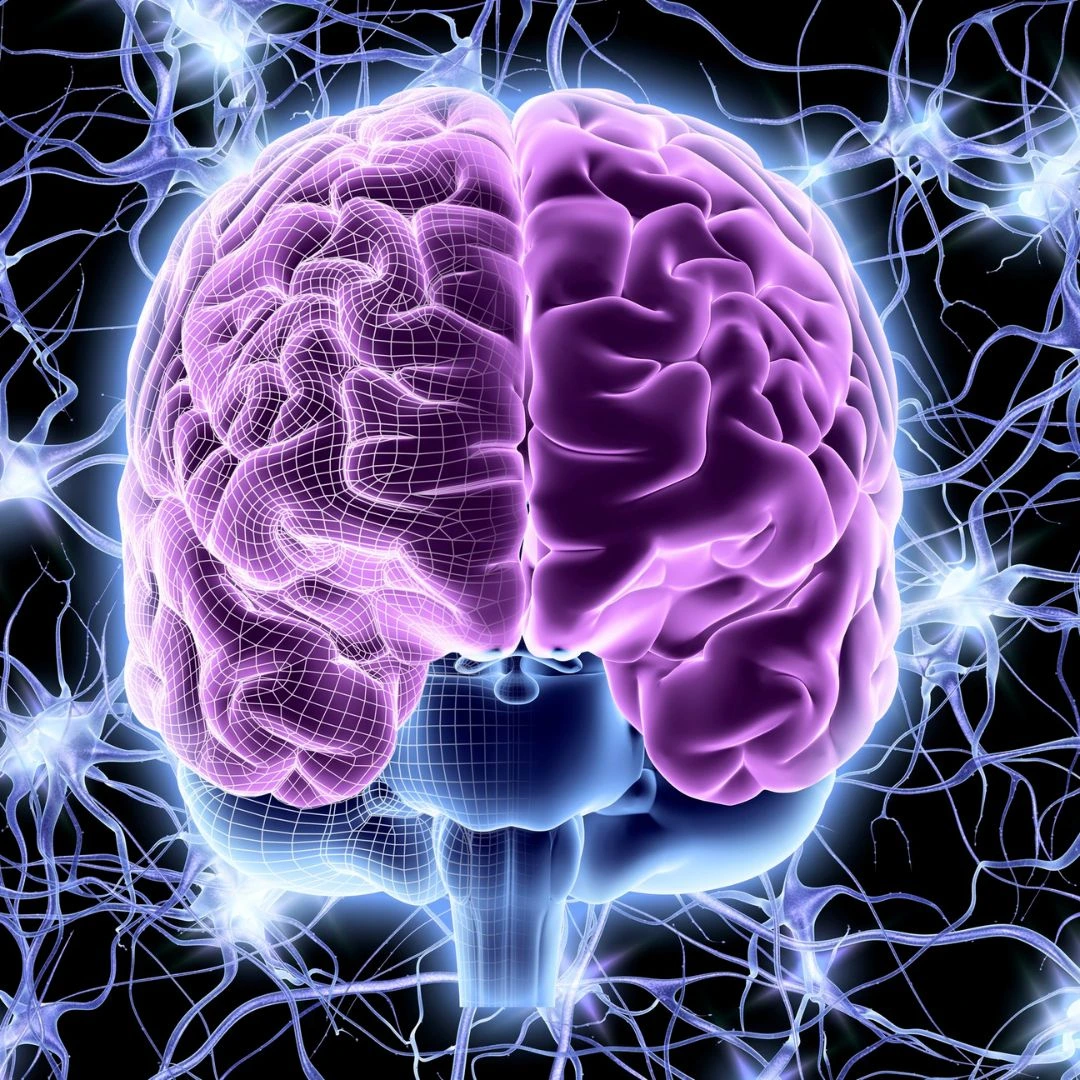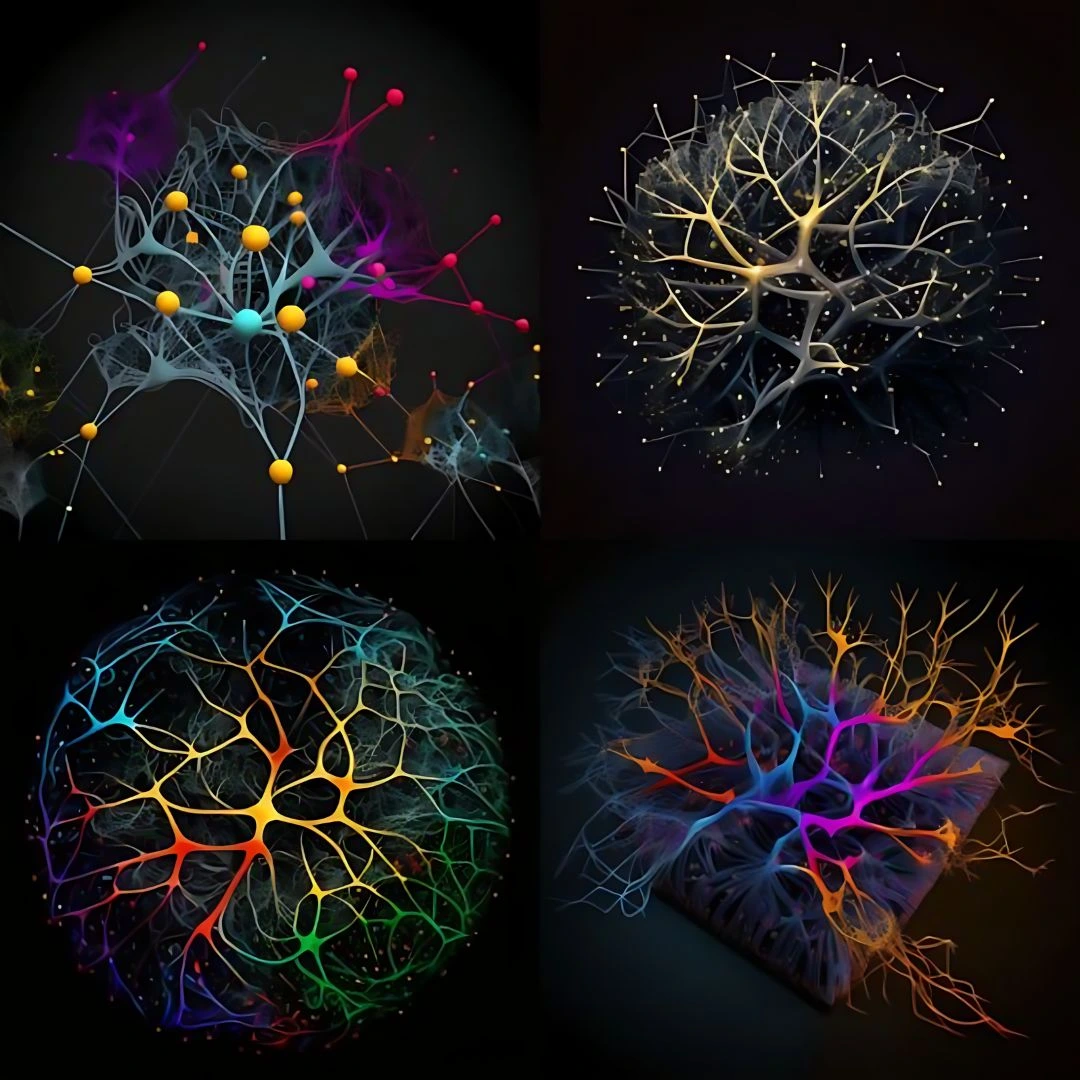In our fast-paced world, where stress and anxiety seem to be constants, finding effective ways to nurture our mental and emotional well-being is paramount. Yoga, an ancient practice originating from India, has gained widespread popularity for its profound effects on the mind, body, and spirit. Beyond its physical benefits, yoga has been found to deeply influence our neural network, offering a pathway to greater mental resilience, emotional balance, and cognitive function.
Transition: Now, let’s delve deeper into how the practice of yoga affects our neural network.

Exploring the Complexity of the Neural Network
Before delving into the intricate relationship between yoga and our neural network, it’s essential to understand the complexity of the human brain. Our neural network comprises billions of neurons, interconnected through a vast network of synapses, forming the foundation of our thoughts, emotions, and behaviour. This intricate system regulates everything from basic bodily functions to higher cognitive processes.
Transition: Now, let’s uncover how yoga interacts with this complex neural network.
Yoga Anatomy: Bridging Body and Mind
Yoga is not merely a physical exercise; it is a holistic practice that integrates breath, movement, and mindfulness. Through the practice of yoga postures (asanas), pranayama (breath control), and meditation, practitioners tap into the profound connection between the body and mind. In yoga anatomy, specific postures and movements are designed to stimulate various parts of the body, including the brain.
Transition: Let’s explore how these yoga practices directly impact our neural network.

The Science Behind Yoga’s Influence on the Brain
Recent scientific research has shed light on the mechanisms through which yoga affects the brain. Studies utilizing advanced neuroimaging techniques, such as functional magnetic resonance imaging (fMRI) and electroencephalography (EEG), have demonstrated the tangible effects of yoga on brain structure and function. These studies reveal that regular yoga practice can lead to structural changes in the brain, including increased gray matter volume in regions associated with emotional regulation, stress response, and self-awareness.
Transition: Now, let’s delve into the specific ways in which yoga influences our neural network.
Harnessing the Benefits of Yoga through Teacher Training
For those seeking a deeper understanding of yoga’s impact on the neural network, embarking on a yoga teacher training program can provide invaluable insights. A comprehensive 300-hour YTTC (Yoga Teacher Training Course) delves into the neuroscience of yoga, exploring how different practices affect brain function and neuroplasticity. Participants learn how to tailor yoga sequences and meditation techniques to enhance mental well-being and cognitive performance.
Transition: In conclusion, the practice of yoga offers a transformative journey that extends beyond the physical realm, profoundly influencing our neural network and fostering greater mental clarity, emotional resilience, and overall well-being.
Note : As we continue to unravel the intricate relationship between yoga and our neural network, it becomes evident that this ancient practice holds immense potential for optimizing brain health and enhancing our quality of life. Whether you’re a seasoned yogi or a novice practitioner, incorporating yoga into your daily routine can be a powerful tool for nurturing both body and mind. So, roll out your mat, take a deep breath, and embark on a journey of self-discovery through the transformative practice of yoga.